
Residents shop at a supermarket in Songjiang district of Shanghai, on May 10, 2022. (Photo/Xinhua)
China's inflation is expected to remain mild and controllable this year, leaving room for macro policy fine-tuning and adjustment, experts and analysts said on Wednesday.
They warned of multiple pressures from shrinking demand, supply shocks and weakening expectations amid resurgent domestic COVID-19 cases, as well as a more complicated and grimmer external environment, and said a stronger macro policy response was likely in order to stabilize expectations and shore up growth.
The country's consumer price index, a main gauge of inflation, rose 2.1 percent year-on-year in April amid rising prices of fresh vegetables, fresh fruit and diesel fuel, marking the fastest pace in five months, the National Bureau of Statistics said on Wednesday.
Meanwhile, the country's factory-gate prices rose in April at the slowest rate in a year as the government took steady steps to ensure stable supplies and prices amid international commodity price hikes. China's producer price index, which gauges factory-gate prices, increased 8 percent year-on-year in April, the NBS said.
Wen Bin, chief researcher at China Minsheng Bank, said China's overall inflation level is mild and controllable. Wen said he expected policymakers to increase monetary policy support for hard-hit enterprises and sectors amid COVID-19 outbreaks, which will help ease enterprises' burden and promote economic growth to a reasonable range.
Wen attributed the growth in consumer inflation to food and energy, warning of inflation pressure amid rising international commodity prices. He said more efforts are needed to ensure stable supplies and prices and ensure smooth logistics.
Zhou Maohua, an analyst at China Everbright Bank, said that while the slower increase of the producer price index will help ease pressures on costs for some midstream and downstream manufacturing enterprises, the 8 percent increase in the PPI suggests that raw material prices remain high.
"Many midstream and downstream manufacturing enterprises still face pressure from high production costs," he said.
Looking ahead, Zhou estimated that China's consumer inflation may continue the uptrend seen in the last month but will remain mild overall.
He said the uptrend may continue in the following months, given the resurgent domestic COVID-19 cases, fluctuation of energy prices, a recovery in pork prices and a low comparison base.
However, overall, China's inflation will remain mild given the government's solid moves to control the epidemic, increase the support for enterprises, ensure stable supplies and prices, stabilize industrial and supply chains and ensure smooth logistics, Zhou added.








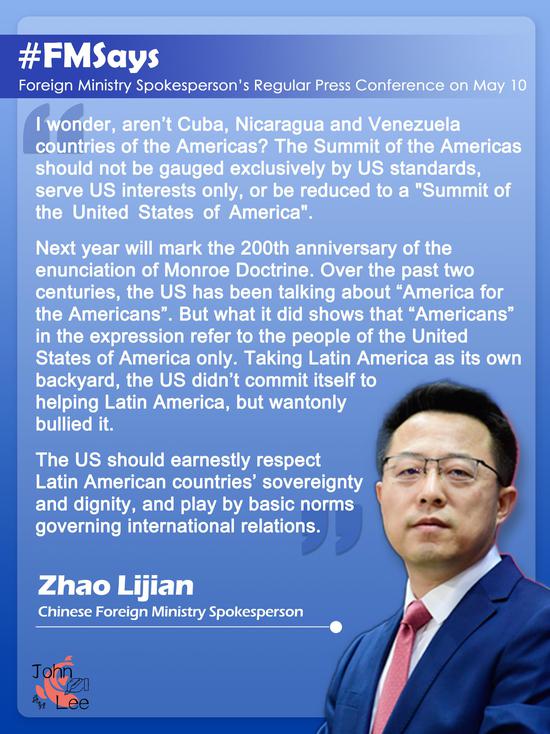
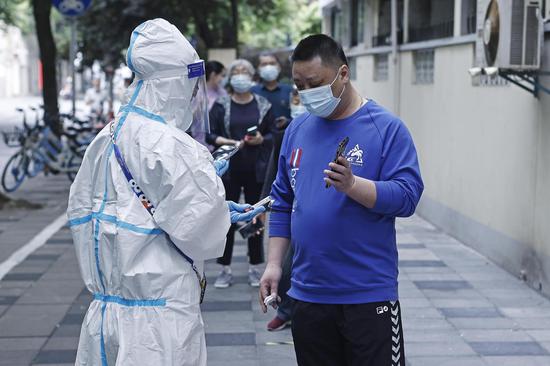

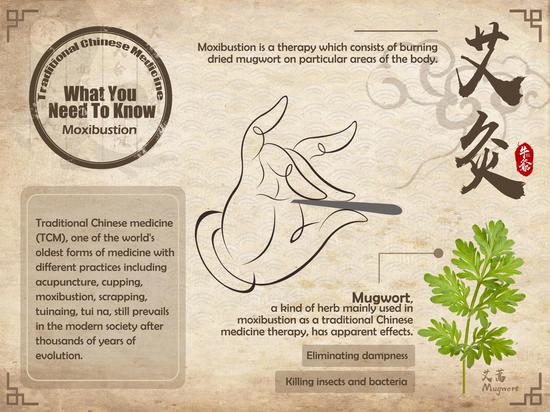


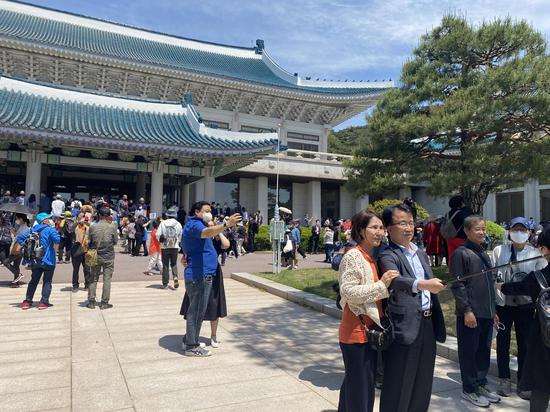
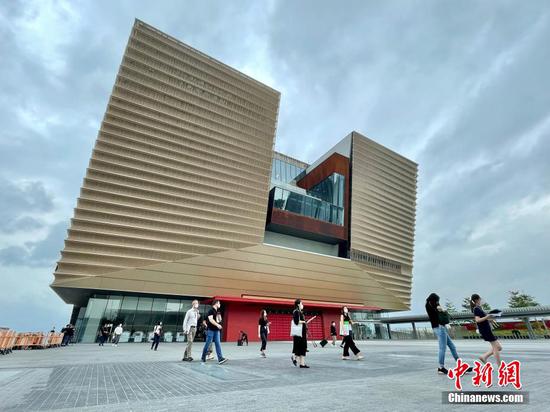
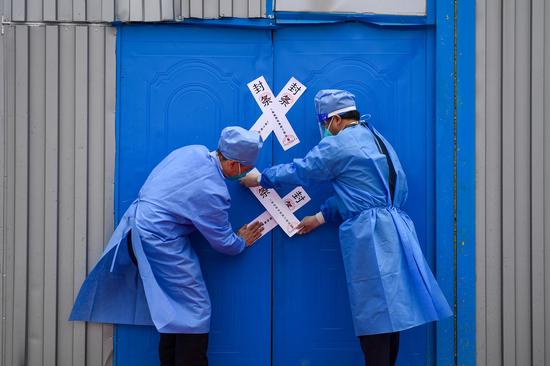
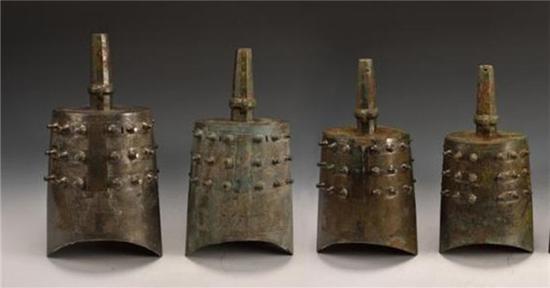




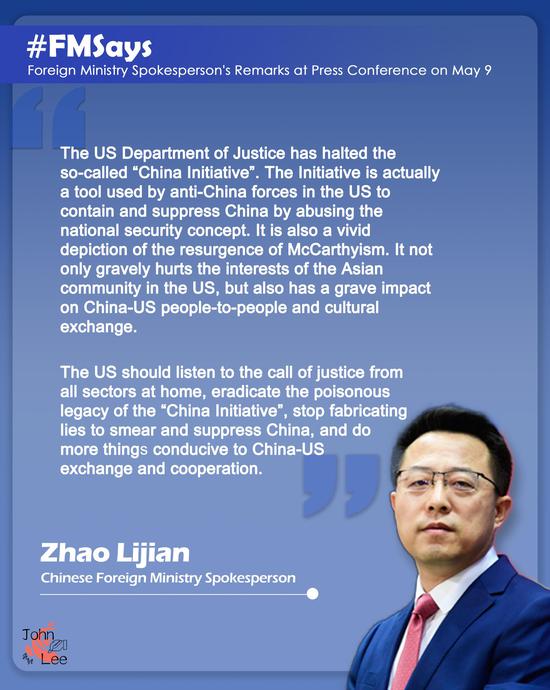
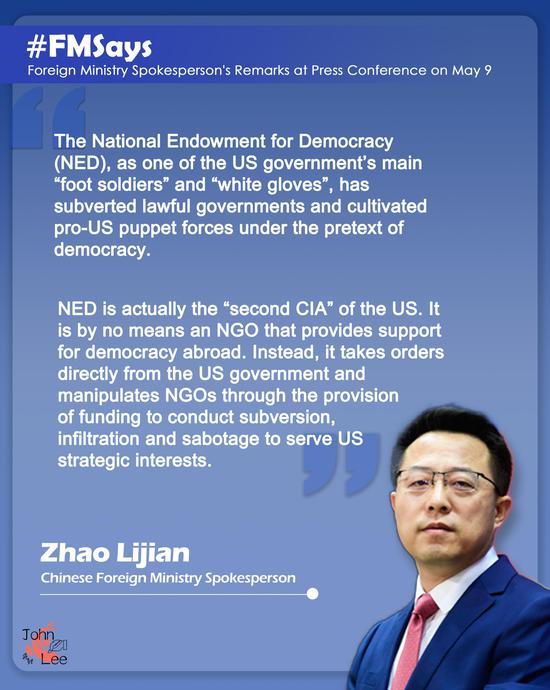


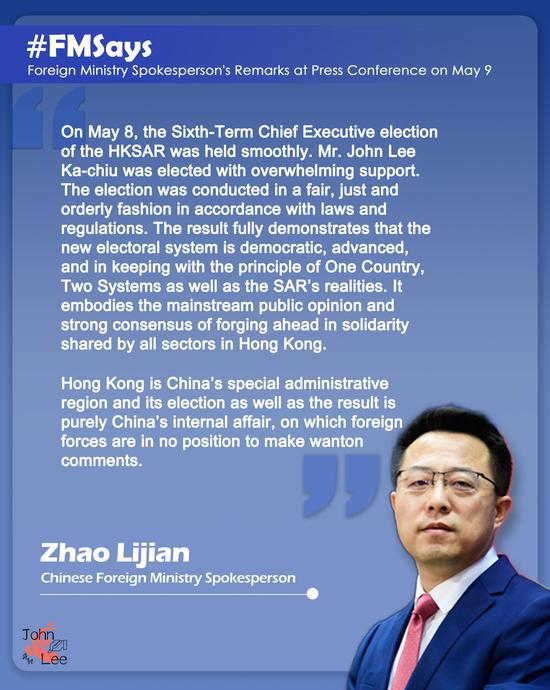
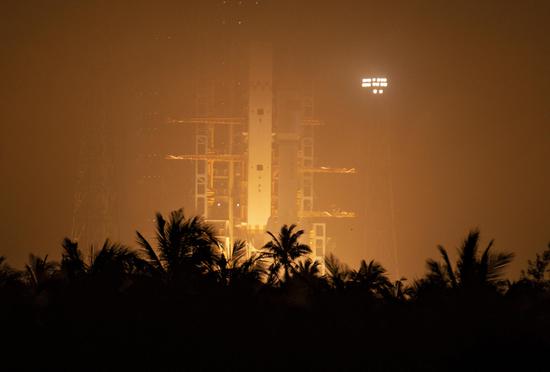




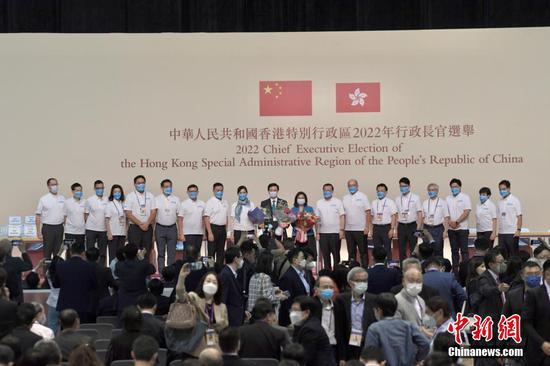
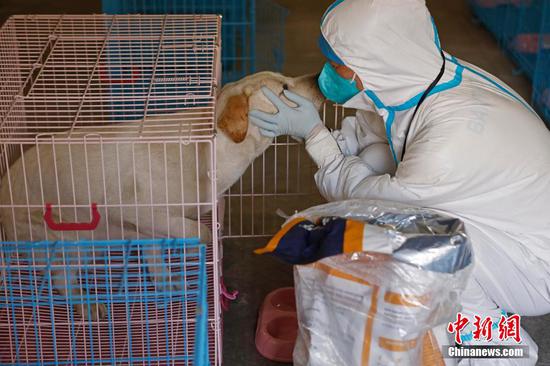





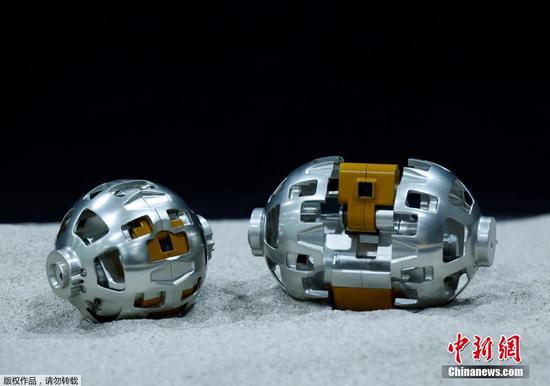


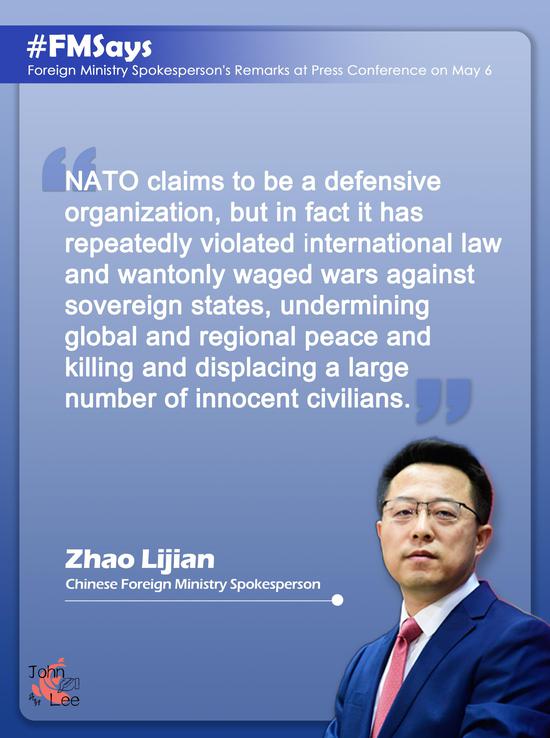
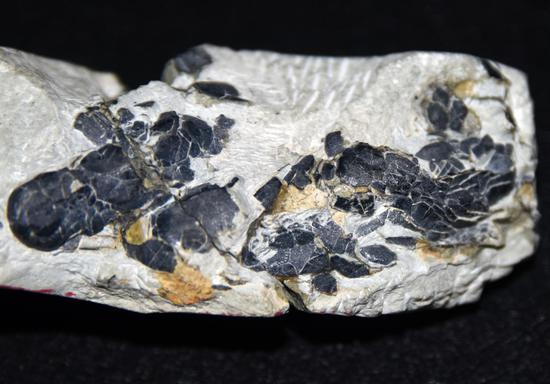






 京公网安备 11010202009201号
京公网安备 11010202009201号